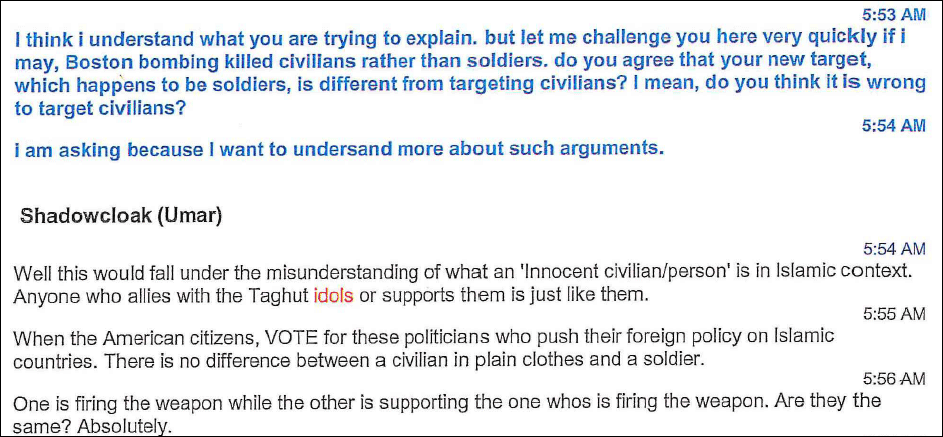Advertisement
FBI Informant Testifies In Trial Of Everett Man Accused Of Plotting To Help ISIS
In the trial of an Everett man charged with trying to help ISIS wage terror here in America, a key witness has emerged from the shadows.
The witness was on the stand at David Wright's trial on Tuesday.
"What's your name?" prosecutor Stephanie Siegmann asked the small 25-year-old with black hair, glasses and a trim beard.
"Yusef Ali" he answered.
But that's not true. That's an alias given in court to protect his real name, though the jurors weren't told.
"I did not want to testify. It puts my life at risk and my family at risk," Ali told the prosecutor. "They are all in Yemen."
Which is where the story begins. After a friend of Ali blew up himself and four South Korean tourists in 2009, the teenager volunteered to infiltrate al-Qaida as an undercover agent.
"I just wanted to experience it... What am I going to lose?"
FBI informant 'Yusef Ali'
In 2012, he came to school here in the United States, to Wheaton College, to study computer science and German. By 2013, the FBI was recruiting him to gather online intelligence about homegrown American jihadis in the making.
On the stand Tuesday, he was pleasant, confident and ingratiating. But if Ali had noble reasons for becoming "an FBI cooperator," as he called it, he did not say so. Ali seemed more like an adventure seeker.
"I just wanted to see how it works," he testified about becoming an FBI informant. "I just wanted to experience it. ... What am I going to lose?"
What Ali had to gain is crystal clear. He has gotten a rarely issued S-visa, devised for those who assist law enforcement by informing. That gives him the chance to remain in the United States and to apply for green cards to bring his family over from Yemen. The FBI has also paid him $10,000, given him an iPhone and help with housing.
So, not surprisingly, the defense calls Ali "a paid informant," while the government refers to him as a CHS, a "confidential human source."
Advertisement
Into the story comes Wright, the defendant. When the FBI gave his name to Ali in 2013, the witness went fishing for him online. He hooked him on Facebook, where Wright expressed enthusiasm for ISIS, and recommended videos and writings to the informant.

As they get more involved, Wright points Ali to a more secure network with encryption.
Ali testified he copied their writing down to the T.
In April 2015, Wright says, "...Allah inspired in my heart another reality. And that is to wage war on these kuffar [infidels] here in America."
Ali projected earnest curiosity and told lies, asking Wright to pray for a nonexistent cousin who went to Afghanistan to join the mujahideen.
"[D]o you think it is wrong to target civilians?" he writes.
Wright responds: "There is no difference between a civilian in plain clothes and a soldier. ... One is firing the weapon while the other is supporting the one whos is [sic] firing the weapon. Are they the same? Absolutely."

For the informant, working suspects like Wright has become routine. He acknowledged playing pretend, or would-be, terrorist in eight different cases.
But on cross-examination, defense attorney Jessica Hedges exposed a potential trapdoor into which Ali's credibility might have fallen.
After Ali testified he met Wright once in Boston's South Station in February or March of 2014, the defense homed in on later messages between the two men, in which they expressed regrets they had never met.
"Sir, don't you remember that?" Hedges pushed. "You said, 'I wish we would have met.' "
"And when Wright wrote, 'I wish we will be able to meet in this life,' you didn't say 'except for that one time we met in South Station.' " Ali denied that he was lying.
On re-direct, prosecutor Siegmann tried to brace her witness up. "Did you meet with the defendant?" she asked.
Emphatic answer: "Yes."
Whether that's true is for the jurors to decide as they weigh one man's story interwoven with adventure seeking, danger, self-interest and real terror.
This segment aired on September 27, 2017.
